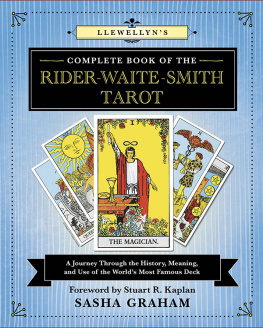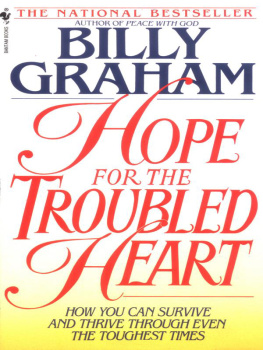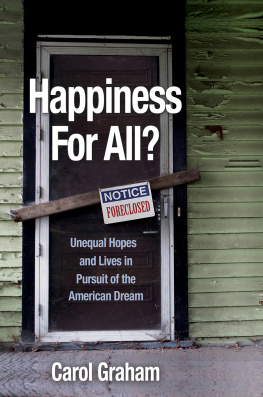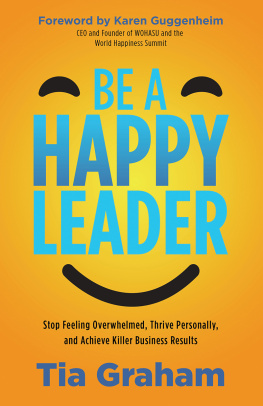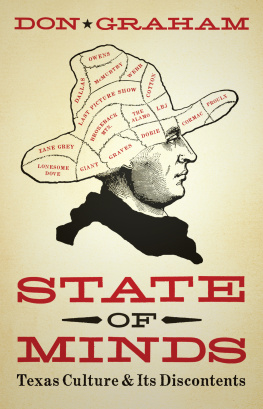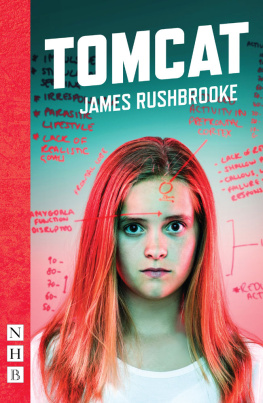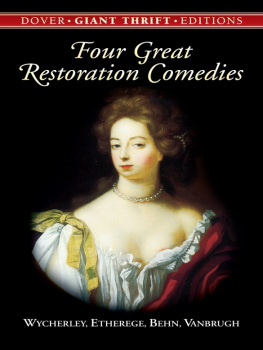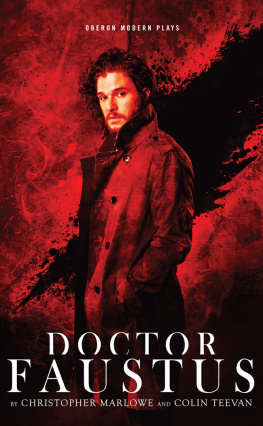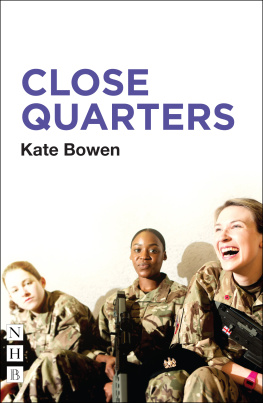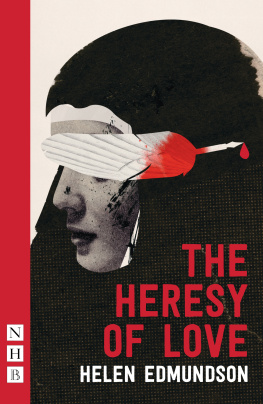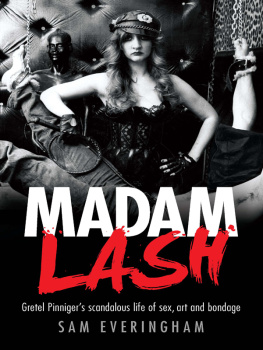James Graham won the Catherine Johnson Award for the Best Play 2007 for Edens Empire. His previous plays include Alberts Boy (recipient of a Pearson Playwriting Bursary), Little Madam (Finborough), Tory Boyz (Soho Theatre), A History of Falling Things (Clwyd Theatr Cymru), The Man (Finborough), The Whisky Taster (Bush), Sons of York (Finborough) and Bassett (National Theatre Connections). This House was commissioned by the National Theatre and had its world premiere in 2012. James is writer-in-residence at the Finborough Theatre.
A History of Falling Things
Alberts Boy
Bassett
in National Theatre Connections 2011
Edens Empire
The Man
Tory Boyz
in Producers Choice: Six Plays for Young Performers
The Whisky Taster

Contents
This House is inspired by real events, but it should not be understood as a biography or historical record. While trying to remain true to the events, this is of course a fictional account. Some incidents and characters have been altered for dramatic purposes, and, naturally, the conversations that happen behind closed doors are imagined by me.
For those interested in learning more heres what I read and who I spoke to.
INDIVIDUAL SOURCES
I am most indebted to Joe Ashton, former Labour MP who served as a Whip during this period. His book Red Rose Blue: The Story of a Good Labour Man was one of my first ways in, and Joe has been so generous with his time (and anecdotes). His own play Majority of One, inspired by the same parliament, played at the Nottingham Playhouse in 1988.
Other politicians who kindly gave their time in interview were Lord Bruce Grocott, who was invaluable for his insight, not to mention his tours of the house; Sir George Young, the Leader of the House of Commons and Conservative Whip during the period; Lord Ted Graham, former Labour Whip; Alfred Bates, former Labour Whip; Lord Philip Norton, an incomparable authority on constitutional matters; and Baroness Helene Hayman.
Sally Grocott, in charge of the Association of Former Members of Parliament, was a great source of help, as was Claire Medd of the House of Commons library, and Im grateful to Stephen Lees for his sharing his immense knowledge on British elections and political stats.
Finally, Im grateful for the openness, insight, and kindnesses of Baroness Ann Taylor and Walter Harrison, for reasons that will be obvious.
BIBLIOGRAPHY
The Weatherill Papers held at the University of Kent are a priceless source, as was Mark Darcys BBC documentary The Night the Government Fell.
On whipping during this period and beyond:
Joe Ashton: Red Rose Blue: The Story of a Good Labour Man
Ted Graham: From Tyne to Thames via the Usual Channels
Philip Norton: Dissension in the House of Commons, 197479
Gyles Brandreth: Breaking the Code
Tim Renton: Chief Whip: People, Power and Patronage in Westminster
On the House of Commons and parliamentary democracy:
Robert Rogers and Rhodri Waters: How Parliament Works (6th edition)
John Biffen: Inside Westminster
Robert Wilson: The Houses of Parliament
Philip Norton: The British Polity
And more general works on the politics of the period:
Andy Beckett: When the Lights Went Out: Britain in the Seventies
Dominic Sandbrook: Seasons in the Sun: The Battle for Britain, 19741979
Bernard Donoghue: Conduct of Policy Under Harold Wilson and James Callaghan, 197479
Tony Benn: The Benn Diaries
Alan Clarke: Alan Clark Diaries
Kevin Hickson and Anthony Seldon: New Labour, Old Labour: The Wilson and Callaghan Governments, 19741979
AND ON A PERSONAL NOTE
I owe a huge debt to Sebastian Born and Nicholas Hytner for giving me the chance and championing the play from so early on, and to Jeremy Herrin and Ben Power for their invaluable interrogations of the script, along with Samuel Barnett and Ben Hall.
It can feel frightening and intimidating for younger writers to take on big political subjects, write big political plays. You sort of feel like youre stepping into a well-established club of bigger, brighter, older, more qualified writers, and asking, shyly, to have a pop at it yourself. For me, though, that fear has always sort of been the point. After all, that famous gothic building that stands there on the north side of the Thames, jutting upward with its chest puffed out, giving it the big I am that can seem frightening, and impenetrable. As can politics in general. As can history. Part of the journey of this play was to square up to that stuff. To demystify it. Not in a cynical way, not to bring it down in fact, quite the opposite. I have a deep admiration for our democracy, an affection for the building that houses it, a belief in what it could be. Thats why I wanted to pull the curtain back and expose its soft underbelly. Its vulnerability. Its potential
Id been increasingly obsessed with the hung Parliament of 197479 long before the General Election of 2010 gave me a handy modern comparison. Having become a Writer in Residence at the Finborough Theatre, London, in 2005, and with the encouragement of Artistic Director Neil McPherson (who couldnt give a toss about whats considered fashionable or trendy on the new writing circuit of which political histories certainly werent), Id been tackling subject matters that I was probably considered too young to achieve (I was twenty-two), areas that were too ambitious or big. The atomic bomb, the Suez Canal crisis, Margaret Thatcher (all this in a tiny space above a pub where casting more than five actors can mean that someones getting changed in the toilet, and where, in between rewrites, youre hammering props together and helping to paint the set).
Id tackled the Winter of Discontent which features as something of an end point in this story in a play about family and masculinity called Sons of York; and I had started to get a sense of the fascinating social, political, economic triggers in the years preceding it. In researching Thatcher for a play called Little Madam, Id also come across the sad tale of Dr Alfred Broughton, the sick Labour MP who played a key role (or perhaps more accurately, didnt) in Thatchers rise to power. This is the kind of stuff that properly excites me about history those what if moments, prompted by a twist of fate or little accident, where seismic changes in the political landscape can be traced back to very personal stories of human frailties, desires, or mistakes. Or, to quote Alan Bennett (something of an inspiration in all this) in The History Boys, those moments when history rattles over the points.
The research is the fun part for me. The overnight stay in Canterbury as I plundered University archives for a whips private papers; the train up to Sheffield to sit and have a pork pie with a former Labour whip, chatting about old times and looking at photographs; and countless, countless, trips to the House of Commons itself, having tea with lords, a drink in the bars, wandering the corridors, poking around. I confess, I thought it might be simpler. I thought, for example, that there might be one, single resource in the House that listed what Members of Parliament died of, when, and how. Perhaps documents that chronicled the exact statistical nature of how the government kept, lost, regained, lost again its majority in parliament, which members were responsible, when, and how. There (to be the best of my knowledge) isnt. I was a magpie, using the help and wisdom of those who know better, to pool all this information together. But then when I had it what to do with it? How to tell the story? All a dramatist has are choices. How big, how small? What to show, and how long for? Who to include, who to exclude? What should the style be, the tone? The form?


